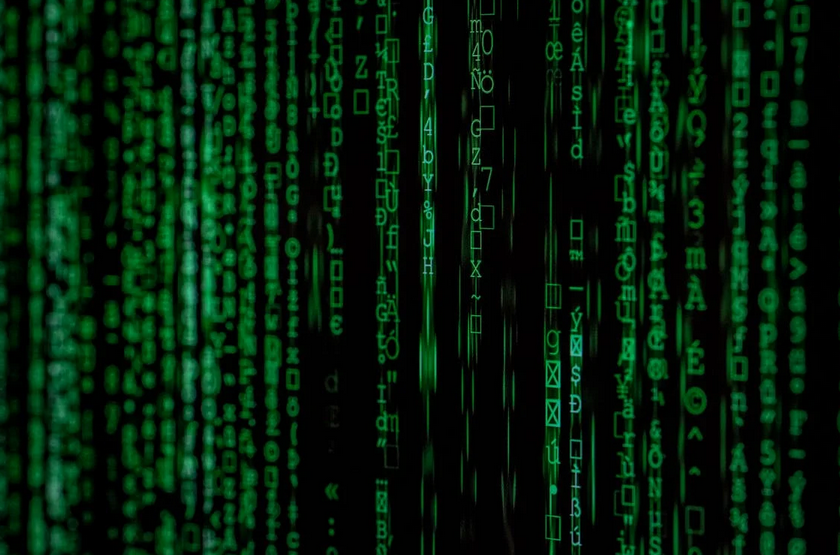URI will soon have a graduate-level data science certificate program. Photo from pexels.com
The University of Rhode Island recently announced a new graduate-level program in data science starting this summer, as one of the first newly developed online-only programs offered at the University.
URI began putting resources into new online certificates and master’s programs in the fall 2019 semester. This led to the start of the development of the data science program. Nancy Eaton, the program’s director and a mathematics professor, organized a small group to begin brainstorming the structure of the program.
“You can start the program any semester, and continue and take one course every seven weeks,” Eaton said. “You can finish it in less than a year, no matter when you start.”
The program, which will be online-only, will offer five individual courses based on collecting data and learning to program and interpret it.
“There’s been a priority on establishing this graduate program,” Harrison Dekker, one of the program’s instructors, said. “So there was a fair amount of time spent discussing what that program might look like.”
Dekker and Eaton said that the program eventually took the form of an online-only course that will begin this summer following six months of getting course proposals approved by the Faculty Senate.
Eaton will be teaching a course primarily focused on the mathematical aspect of data science, while Dekker’s course will involve some of the work he does as a data librarian. This will go over topics such as managing surveys, collecting data and building web applications.
“[My course is] really an introduction to programming with data, where we can sort of step back and not overwhelm the students with the statistics and machine learning,” Dekker said. “We’ve crafted this course where we expose the students to a variety of types of data, and a variety of common challenges that you face in preparing the data for analysis.”
The instructors are currently in the process of developing the course content and are in an accelerated phase. Dekker said that one of the course’s biggest benefits is that it is a way to complement already existing knowledge or degrees in other fields, particularly within the realm of science. He also said he developed his expertise in the field in a similar way from his work as a data librarian and programmer.
One of the biggest challenges of putting together the program was recruiting faculty to help in developing the program, according to Eaton. Though, COVID-19 has also posed a few challenges due to restrictions.
“I think the creative process works best when you’ve got groups of people working face-to-face,” Eaton said. “I’ve found that it’s harder to lead meetings where you’re sure everybody expresses their ideas, and you get to hear what they are.”
Dekker also said that while he didn’t like sitting in front of a computer while collaborating with the other instructors on their courses, he felt as though their work has been getting better.
The program’s structure is complete, but Eaton said that they will be running assessment evaluations during the year to make sure everything runs smoothly.
“Even though the courses are developed now, things could change over time,” Eaton said.

